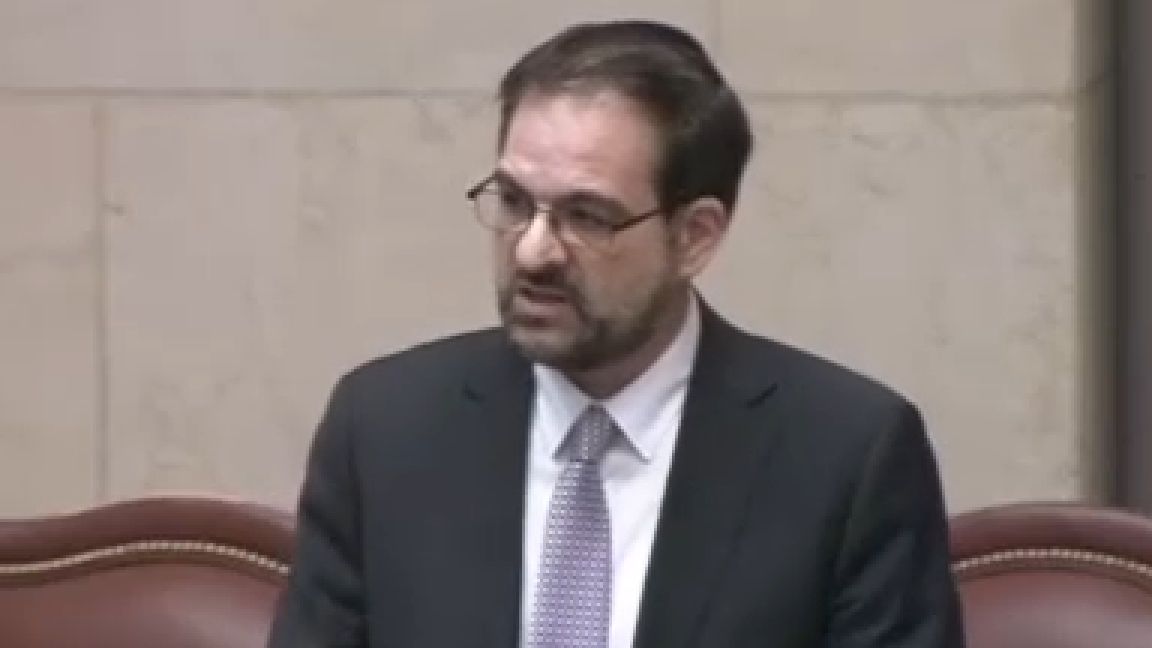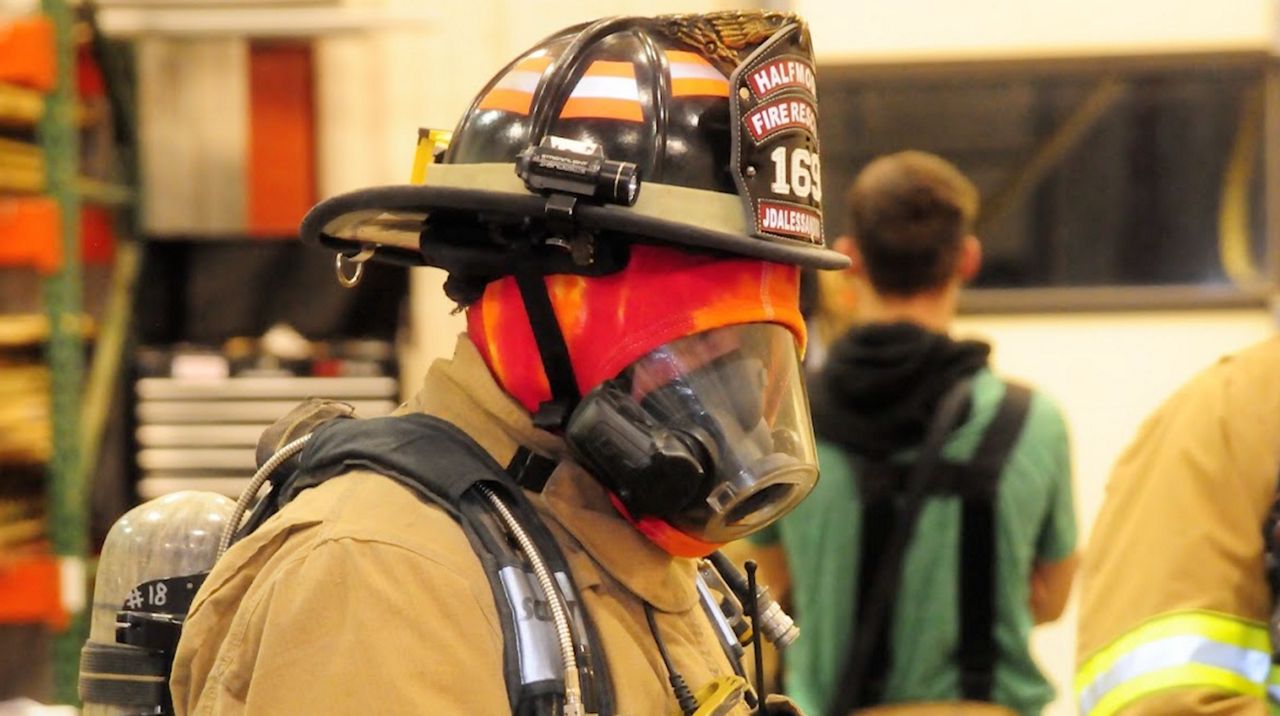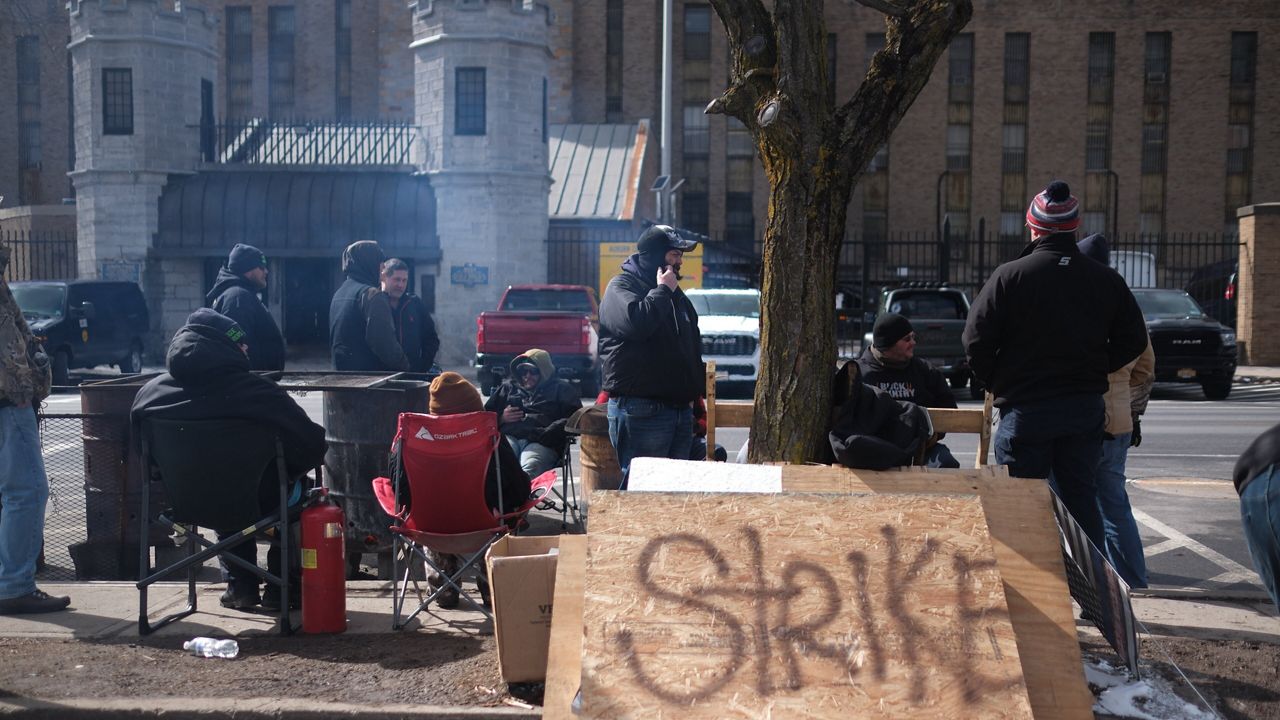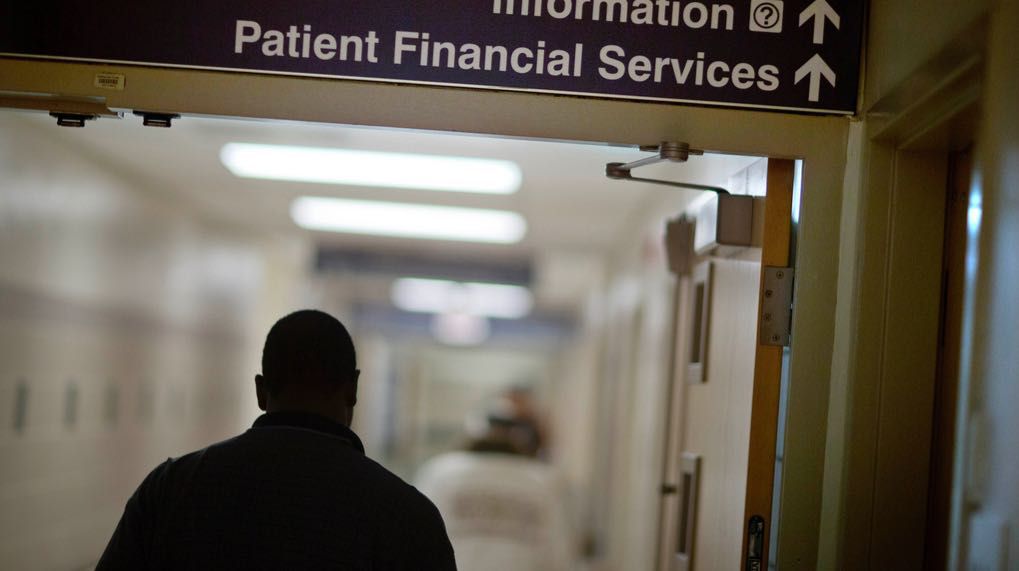New York's lifetime ban for convicted felons to serve on juries will likely become a thing of the past, as state Court Administration officials Wednesday said they back the change.
Serving on a jury is essential to American democracy, and required of most U.S. citizens. But New Yorkers who have been convicted of a felony continue to be barred from the civil duty.
Lawmakers passed a bill at the end of session to allow convicted felons to become a juror after they've completed their obligation to the state, including parole or probation — a measure the state Office of Court Administration supports.
“Jury service is a core function of our civic fabric and represents every individual’s right to access robust civic participation," OCA officials said in a statement Wednesday. "The New York State Unified Court System embraces this measure’s vision of reintegrating into society those who have fully served the terms of their sentences.”
Supporters argue people with felony convictions are as capable of serving as jurors as anyone else.
When Daudi Justin was in law school, he was elated to get tapped for jury duty. But he was quickly dismayed when he realized that as a formerly incarcerated felon, he was banned from jury service in the state for life.
"It would be a great honor for me to serve on the jury because I understand that, I recognize ... how much of a contribution it is to our society," said Justin, a staff attorney with the Neighborhood Defender Service Department in the city.
Justin served two years in state prison for drug charges in his late 20s, and wants Gov. Kathy Hochul to sign the bill to allow people convicted of a felony to serve on a jury after completing parole or community supervision.
Citing his work as an attorney, Justin said diversity in the jury pool increases the fairness of the legal process and criminal justice system.
"People start questioning the legitimacy of the system when they see that, actually, it's not a jury of their peers," he said. "They see that a lot of their peers are excluded, actually, from jury service. It doesn't seem like it registers that fairness that we try to portray that has."
The bill passed both houses at the end of session, but passed along party lines with most Republicans voting against it – arguing people convicted of a crime would be more partial to the defendant.
On the floor that day, Republican Assemblyman Michael Tannousis, a former prosecutor and litigator, argued attorneys usually want jurors who have not been involved in the criminal justice system.
"Attorneys... are more inclined, I should say, to try to put individuals on the jury who do not have history with the criminal justice system, whether they be as defendants, or victims, or even police officers," said Tannousis, of Staten Island.
District attorneys also fought against the bill this session — worried that someone convicted of a crime would be more likely to side with the defense.
But Assembly sponsor Jeffrion Aubry said many protections are in place to ensure a fair juror selection process.
He said Wednesday lifting the ban is long overdue, and people who've paid their debt to society should have their citizen's rights restored.
"Individuals who have gone through that don't tend to be more liberal than anybody else, and in fact, some of them may be harsher on people who commit crimes because they've experienced and they have knowledge of what it means, and they've brought their life back from that experience," Aubry said.
The state Bar Association also backed the legislation this session, which lawmakers say helped ease its passage. The association issued a report in 2023 showing that about one-third of Black men in New York state are excluded from the jury pool because of the state’s current felony exclusion law.
Justin said several lobbyists and advocates have heard the legislation passed with Hochul on board and indicate she will sign the bill into law.
Assembly sponsor Aubry said he’s hopeful but nothing is definite, citing the governor's veto of legislation last year, which would have made it easier for incarcerated New Yorkers who pleaded guilty to their crimes to challenge their convictions and request a restesting of physical evidence.










